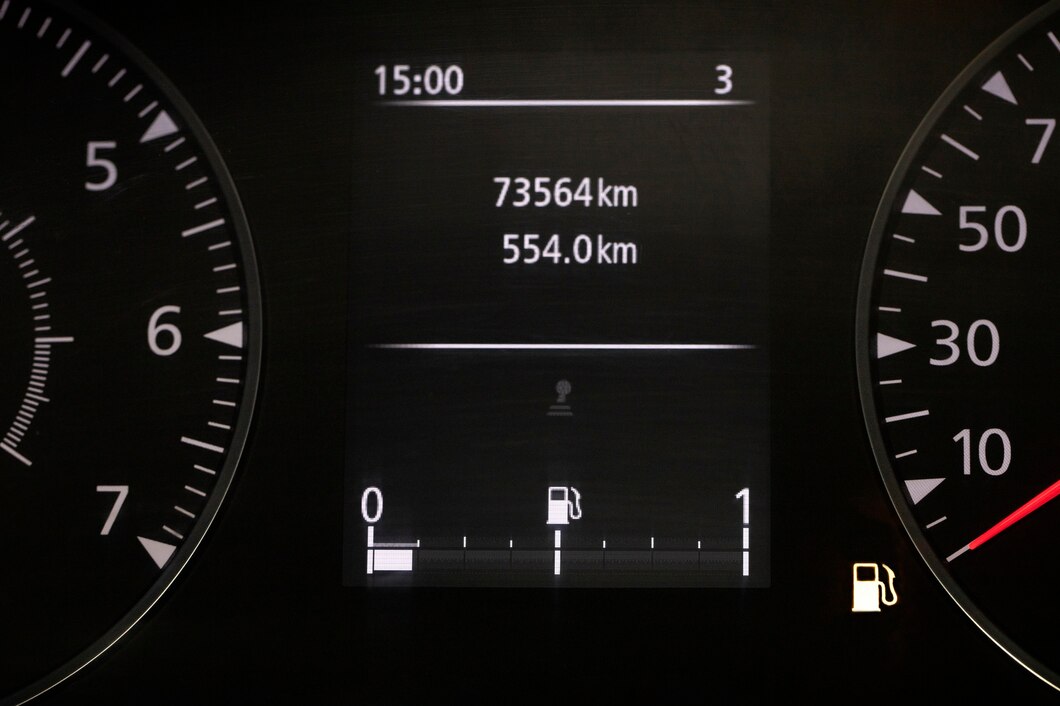Purchasing a used car can be a cost-effective way to get a reliable vehicle, but it’s crucial to ensure that the mileage on the car is accurately represented. Unverified or tampered mileage, often referred to as odometer fraud, can pose significant risks to buyers. Here’s an in-depth look at the dangers of buying cars with unverified mileage and how you can protect yourself.
1. Increased Maintenance and Repair Costs
Mileage is a key indicator of a vehicle’s wear and tear. Higher mileage typically correlates with more significant use, leading to increased wear on essential components such as the engine, transmission, and suspension. If a car’s mileage has been rolled back, you might face unexpected and costly repairs sooner than anticipated because the car may have undergone more extensive use than indicated.
2. Overpaying for the Vehicle
The value of a used car is heavily influenced by its mileage. Lower mileage cars usually command higher prices. If a car’s mileage has been tampered with, you may end up overpaying significantly for a vehicle that isn’t worth its purported value. This can lead to a poor investment and financial loss when the actual condition of the car becomes apparent.
3. Potential Safety Issues
Cars with higher mileage may have safety-related wear and tear that hasn’t been properly addressed. This can include worn-out brakes, tires, and other critical components. Relying on incorrect mileage can give you a false sense of security about the vehicle’s safety, potentially putting you and your passengers at risk.
4. Compromised Vehicle History
When the mileage on a car is tampered with, it also compromises the vehicle’s history report. This can obscure important information about past maintenance, accidents, and other significant events. As a result, you may be unaware of underlying issues that could affect the car’s reliability and safety.
5. Legal and Ethical Concerns
Buying a car with unverified mileage may also expose you to legal and ethical issues. Selling a vehicle with false mileage information is illegal in many jurisdictions, and unknowingly purchasing such a vehicle can lead to complications if you decide to resell it. Additionally, you may face challenges in proving the car’s actual mileage and condition.
How to Protect Yourself
To minimize the risks associated with buying a car with unverified mileage, follow these steps:
Request a Vehicle History Report
A comprehensive vehicle history report from services like Carfax or AutoCheck can provide valuable information about the car’s past, including odometer readings, accident history, and service records. While not foolproof, these reports can help identify discrepancies in mileage.
Have the Car Inspected
A professional inspection by a trusted mechanic can uncover signs of wear and tear that may not align with the reported mileage. Mechanics can identify issues that may indicate higher usage, such as worn-out parts or inconsistencies in the car’s condition.
Check for Odometer Tampering
Look for physical signs of odometer tampering, such as loose or misaligned digits on analog odometers, or irregularities in digital odometers. Additionally, check for service stickers, oil change records, and other maintenance documents that can help verify mileage.
Research the Seller
Purchase from reputable dealers and conduct thorough research on private sellers. Reviews and ratings from other buyers can provide insight into the seller’s reliability. Be cautious of deals that seem too good to be true.
Verify Documentation
Ensure that all documentation, including the title and registration, matches the reported mileage. Discrepancies between documents can be a red flag for odometer fraud.
While the allure of a low-mileage vehicle can be tempting, the risks associated with unverified mileage are substantial. By taking the necessary precautions and doing your due diligence, you can protect yourself from potential financial losses, safety hazards, and legal issues. Remember, an informed buyer is a smart buyer.











